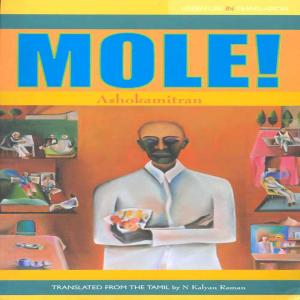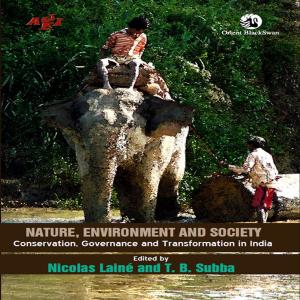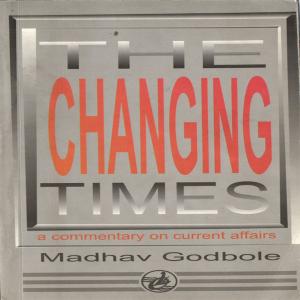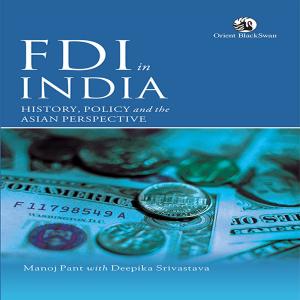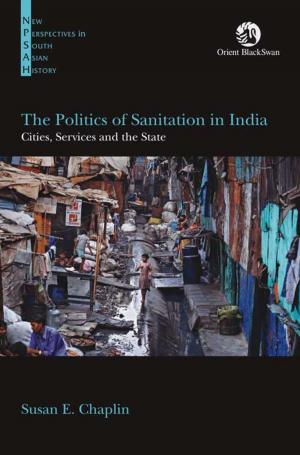Environmental Jurisprudence and the Supreme Court
Litigation, Interpretation, Implementation
Nonfiction, Social & Cultural Studies, Political Science| Author: | Geetanjoy Sahu | ISBN: | 9788125056027 |
| Publisher: | Orient Blackswan Private Limited | Publication: | October 27, 2014 |
| Imprint: | Language: | English |
| Author: | Geetanjoy Sahu |
| ISBN: | 9788125056027 |
| Publisher: | Orient Blackswan Private Limited |
| Publication: | October 27, 2014 |
| Imprint: | |
| Language: | English |
Since the 1980s, the Supreme Court of India has intervened regularly and actively in cases involving environmental issues, calling both state and private agencies to task on environmentally destructive actions and policies and asserting itself in the implementation of its judgments. It has thus earned itself a widespread and formidable reputation as a ‘green court’. But how ‘green’ is it really and what does it even mean to be green in an Indian context?Environmental Jurisprudence and the Supreme Court sheds light on these questions by offering the first comprehensive empirical analysis of cases pertaining to environmental litigation that appeared before the Supreme Court between 1980 and 2010. This analysis, supplemented by interviews with judges, lawyers and petitioners in environmental litigations, reveals that there is no single stance or attitude governing the Supreme Court’s approach to environmental issues. Rather, the Court has reacted differently in different cases, sometimes in ways that seem contradictory to its own precedents.The current volume examines a range of judicial attitudes, concerns, pressures and trends with respect to environmental jurisprudence. It emphasises that environmental litigation and activism in India cannot ever be studied or practised in isolation but must rather be concerned in tandem with the twin (and sometimes rival) concerns of development and social justice. It also contextualises the Supreme Court’s decisions within the wider framework of environmental discourse in India, which itself assumes a variety of radically different forms. These range from the so called ‘environmentalism of the poor’, which privileges people’s traditional use and stewardship of natural resources to the more rarefied environmentalism of the middle class, which jettisons concerns of social welfare and development to focus on the intrinsic value of nature.
Since the 1980s, the Supreme Court of India has intervened regularly and actively in cases involving environmental issues, calling both state and private agencies to task on environmentally destructive actions and policies and asserting itself in the implementation of its judgments. It has thus earned itself a widespread and formidable reputation as a ‘green court’. But how ‘green’ is it really and what does it even mean to be green in an Indian context?Environmental Jurisprudence and the Supreme Court sheds light on these questions by offering the first comprehensive empirical analysis of cases pertaining to environmental litigation that appeared before the Supreme Court between 1980 and 2010. This analysis, supplemented by interviews with judges, lawyers and petitioners in environmental litigations, reveals that there is no single stance or attitude governing the Supreme Court’s approach to environmental issues. Rather, the Court has reacted differently in different cases, sometimes in ways that seem contradictory to its own precedents.The current volume examines a range of judicial attitudes, concerns, pressures and trends with respect to environmental jurisprudence. It emphasises that environmental litigation and activism in India cannot ever be studied or practised in isolation but must rather be concerned in tandem with the twin (and sometimes rival) concerns of development and social justice. It also contextualises the Supreme Court’s decisions within the wider framework of environmental discourse in India, which itself assumes a variety of radically different forms. These range from the so called ‘environmentalism of the poor’, which privileges people’s traditional use and stewardship of natural resources to the more rarefied environmentalism of the middle class, which jettisons concerns of social welfare and development to focus on the intrinsic value of nature.

